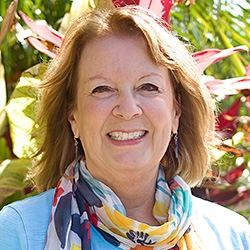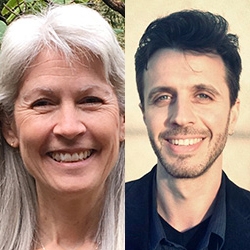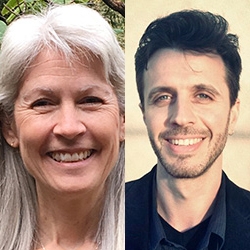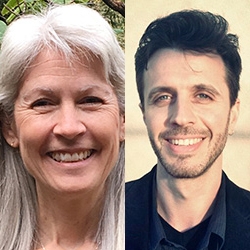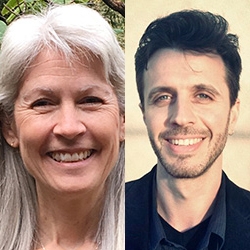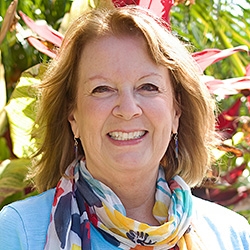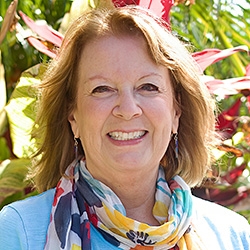

Search Results: differences
-
-
Penny Wassman shares this first workshop exercise as an opportunity to build connection.
-
Trainer Tip: Every human being has the same universal needs -- even as each person may choose different strategies to meet those needs. Notice the universal needs you share with other people today.
-
- Explore the complexities of how we can care for all of life using NVC
- See the role that power plays in relation to observations, feelings, needs, and requests
- Learn how to support people from many backgrounds in being able to apply NVC
- Discern how to engage with these vast topics as we learn and share NVC
-
Bring your inquisitive mind and open heart to explore principles that ground the practice of NVC.
-
In this book excerpt, Kathleen and Jared offer a path to reach deeper clarity, distinguishing between universal needs and strategies.
-
In this book excerpt, Kathleen and Jared offer a path to reach deeper clarity, distinguishing between response and reaction.
-
In this book excerpt, Kathleen and Jared offer a path to reach deeper clarity, distinguishing between revealing ourselves and projection.
-
In this book excerpt, Kathleen and Jared offer a path to reach deeper clarity, distinguishing between freedom and submission / rebellion.
-
Trainer Tip: When we love a child there's a contribution we can provide in helping them go their own way successfully, in big ways and small.
-
Explore NVC's role in transforming power dynamics and bridging social divides.
-
The less blame and criticism, the easier it is for others to hear us. From this perspective, it’s in our best interest to come from curiosity and care. This way differences can bring us together and help us know one another. The more mutual understanding, the easier it is to work together and find creative solutions. Read on for more on this, with a story about how a black man inspired 200 members of the KKK to leave the organization.
-
Humanize workplace relationships and foster collaboration by learning to navigate dialogue.
-
Explore how social systems shape personal experience, and how nonviolence can support healing.
-
Trainer Tip: Someone’s strategy for meeting needs may look different from yours, but it doesn’t mean they aren’t meeting them. This can happen when they appear to be messy and disorganized, but from their perspective they have it organized. It's just less apparent to you how they have organized it. Read on for a related anecdote.
-
Conflict is a normal and natural part of life. To varying degrees, it happens whenever two or more people consistently spend time together. Resolving conflict effectively and peacefully, in a way in which all parties feel respected and valued, does not feel natural for those of us who grew up with punitive, adversarial, or avoidant approaches to conflict. Eric offers some tips for approaching conflict.
-
We can dream and wait for the day to do things differently, or we can continually take steps towards the future of our dreams as though it were here now. The future will not be significantly different from the present if we all act as if change is not possible or only possible after it's already happened. Instead, we can immediately consider everything we do as the possible seed of change beyond our wildest dreams and vision.
-
Shift from cerebral empathy to intuitive listening—tune into body cues and inner feelings.
-
We typically think of certain words as feelings when they can be judgements (eg. “abandoned”). Hidden within evaluative/judgement words are true feelings and needs (eg. if we think we’re abandoned we may feel lonely or hurt, and want togetherness or belonging). With this handout discover more hidden feelings and needs within the judgements that sound like feelings. Then download the card deck to further practice and learn.
-
Whether we have more or less power and privilege, anything without liberation for all is within patriarchal separation, and will continue cycles of oppression. To liberate ourselves and one another we need to increase our collective capacity through developing related knowledge, skills, research; build an understanding of patriarchal roots; confront lovingly; co-hold dilemmas about privilege; co-shape outcomes; etc.

Quick Links
Subscription Preferences
Stay In Touch!
Looking for ways to keep up with NVC Academy news, get special offers, free resources, or words of inspiration? Here are five ways to stay engaged:


